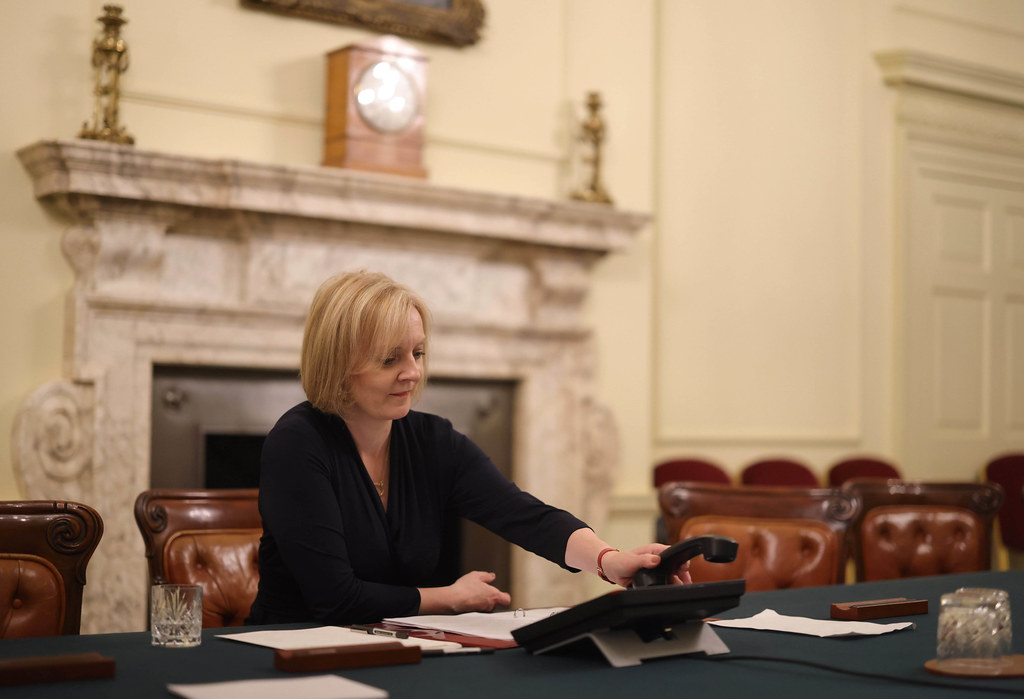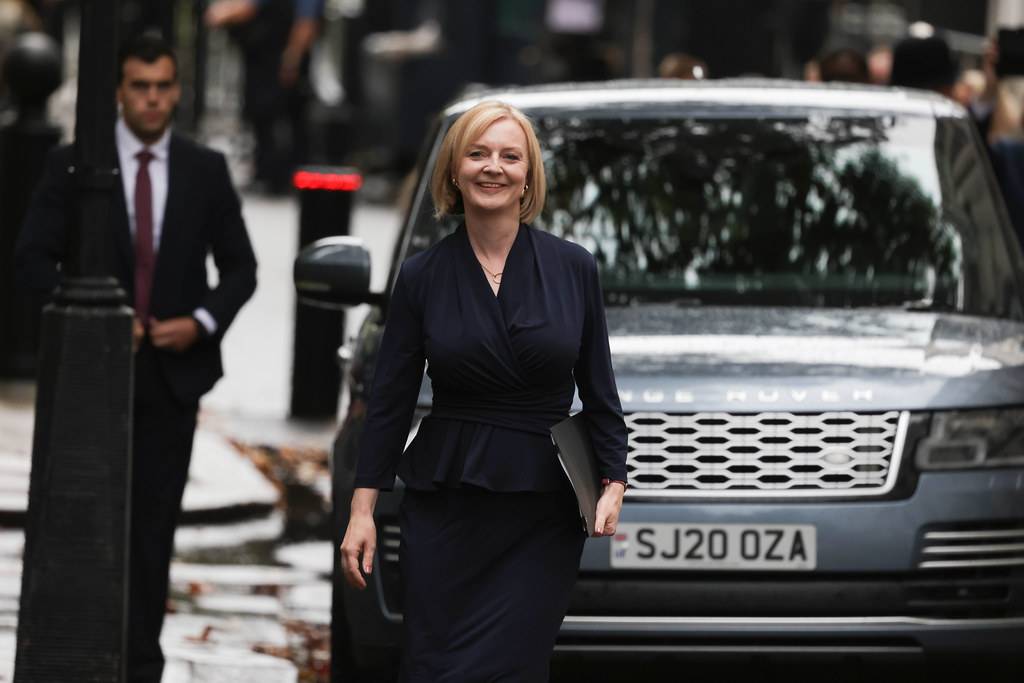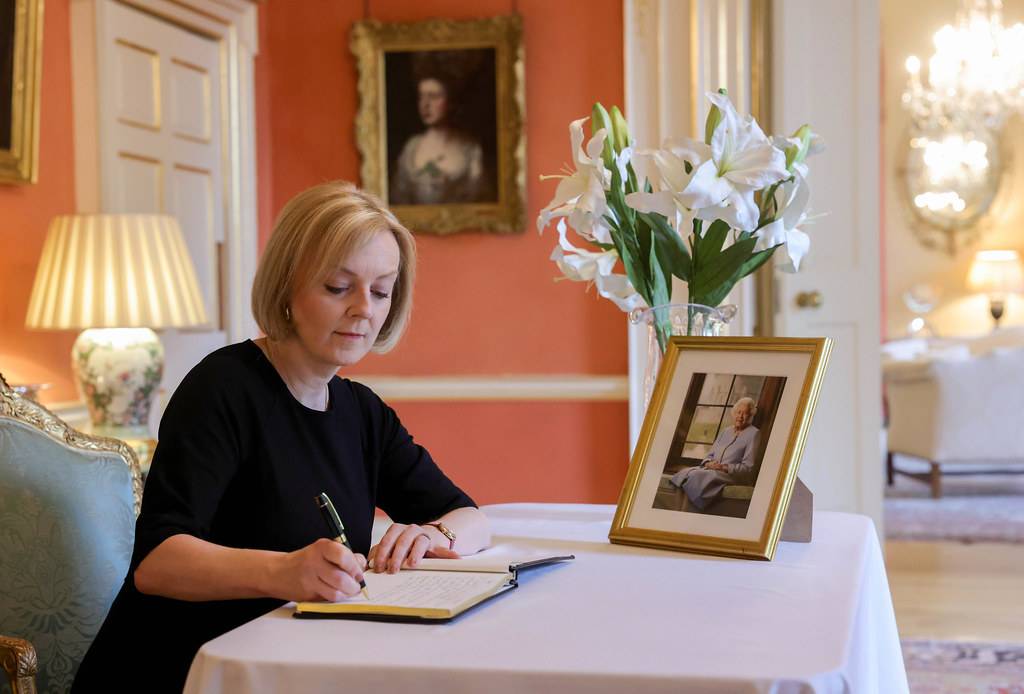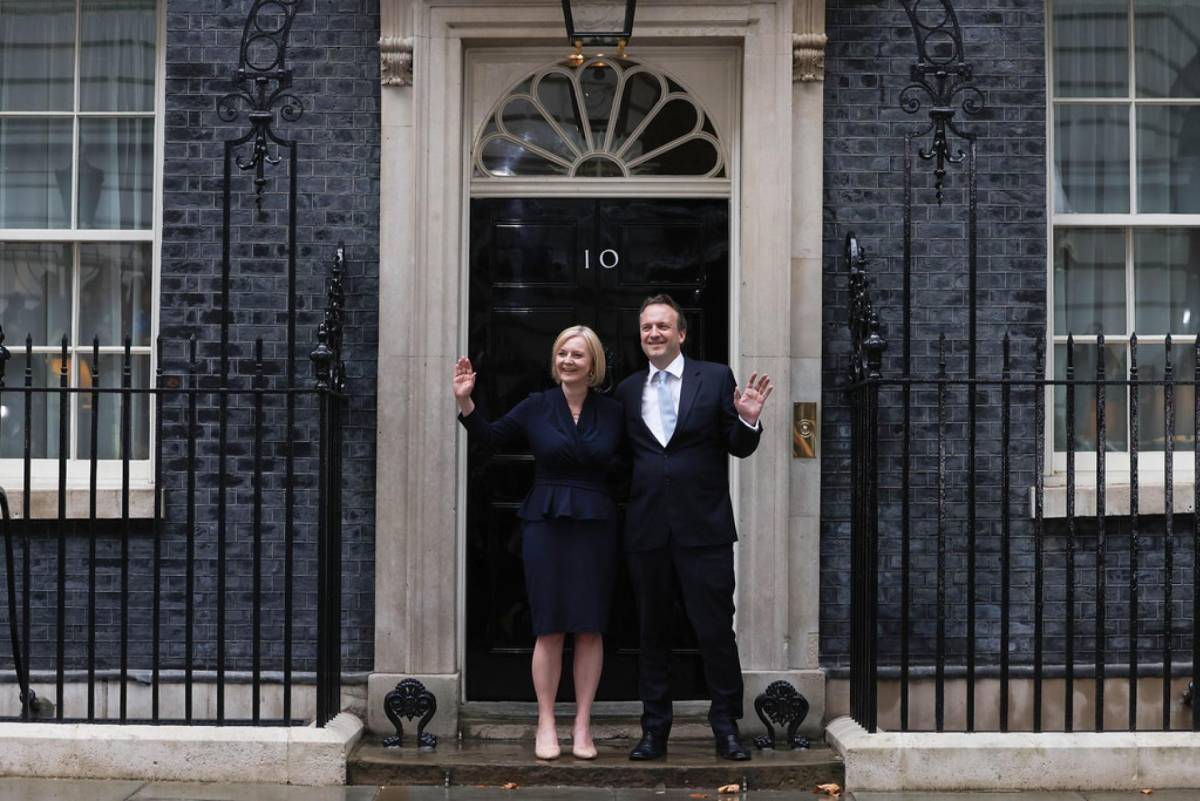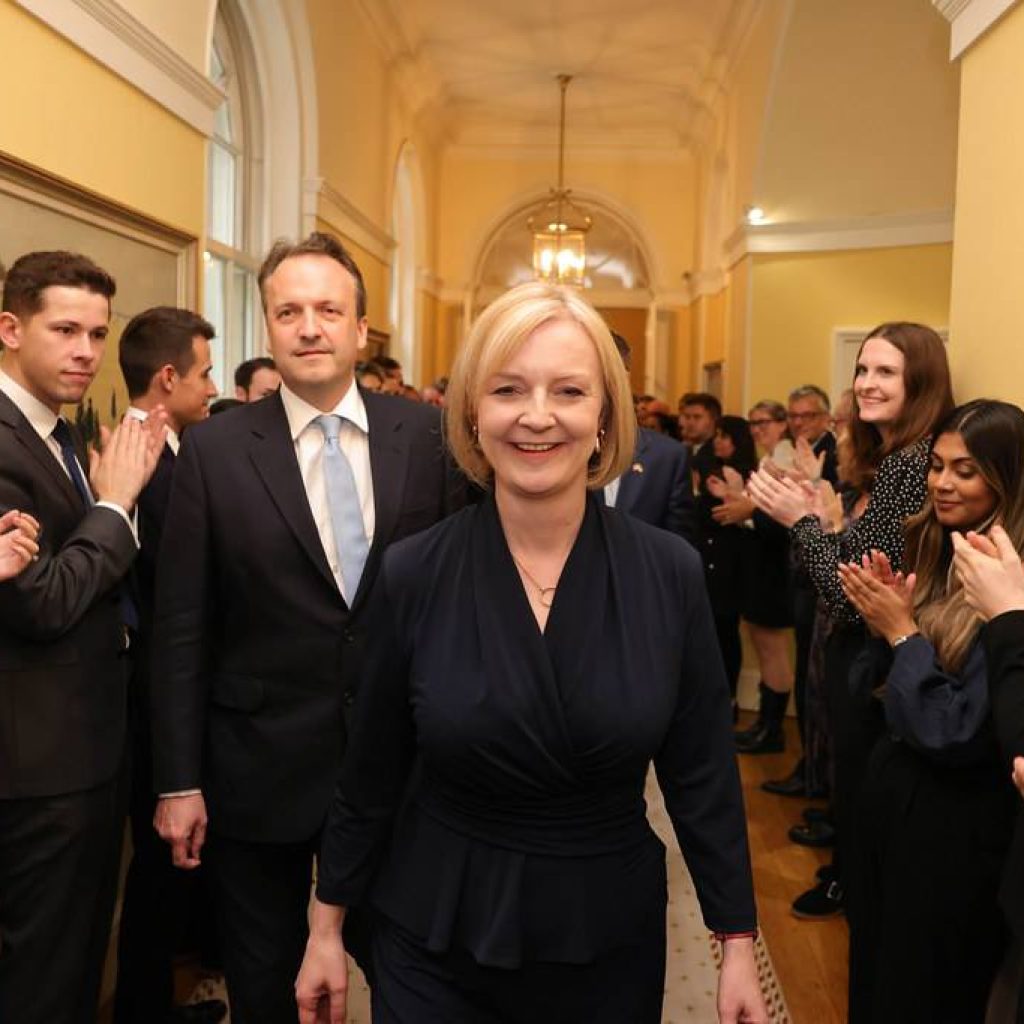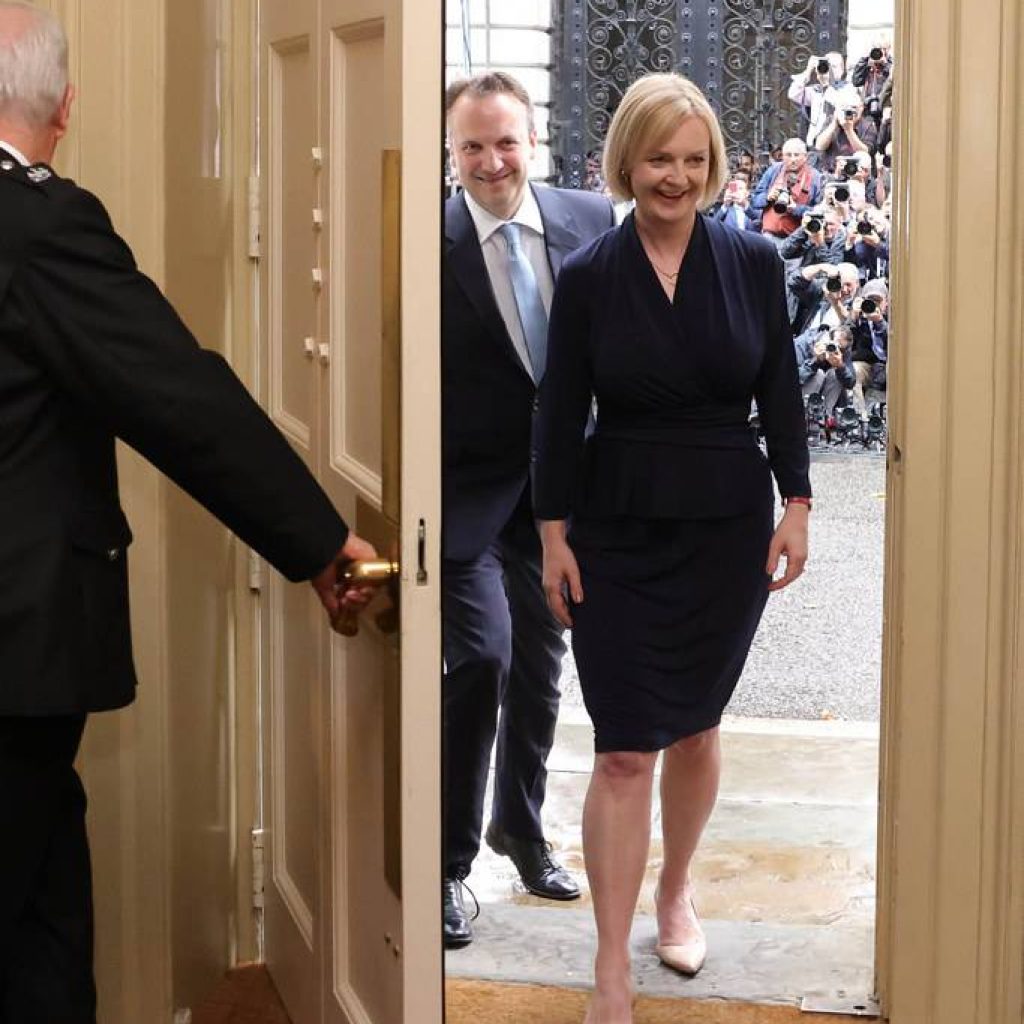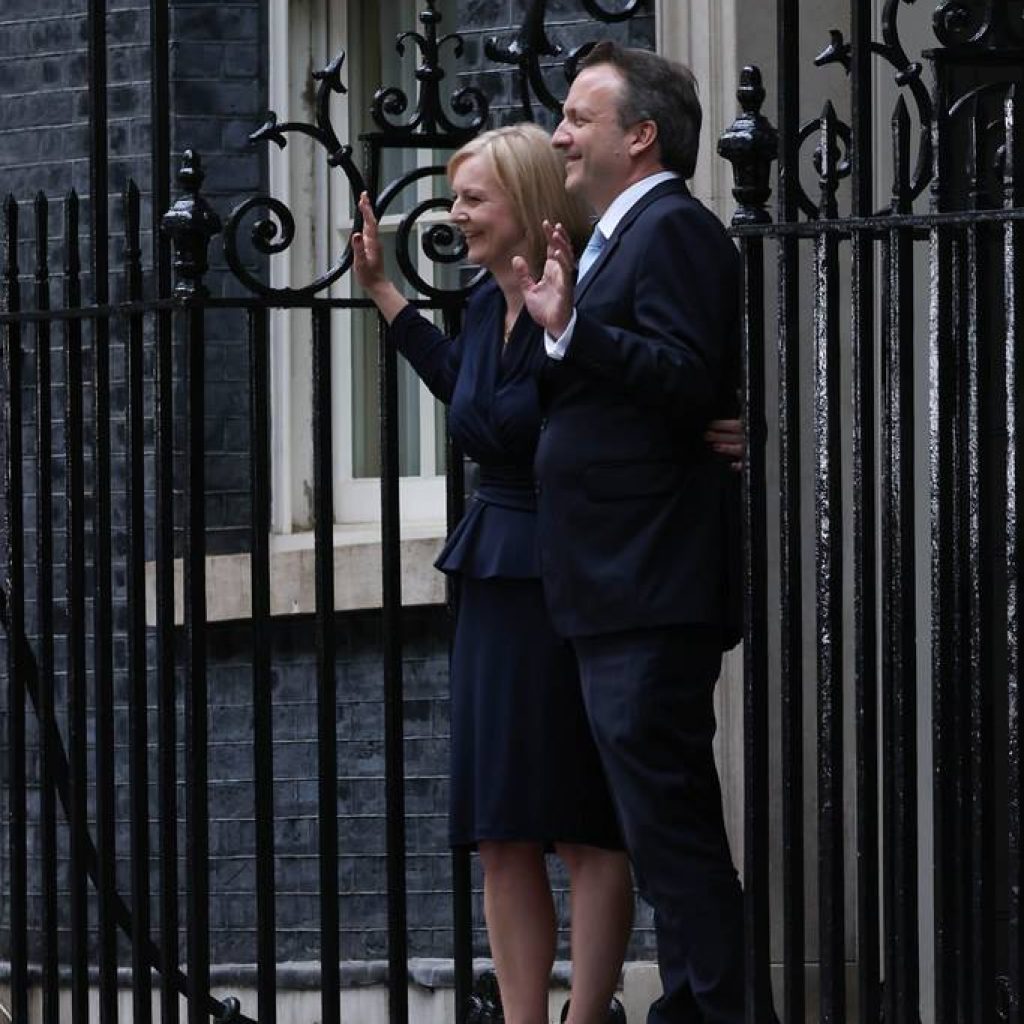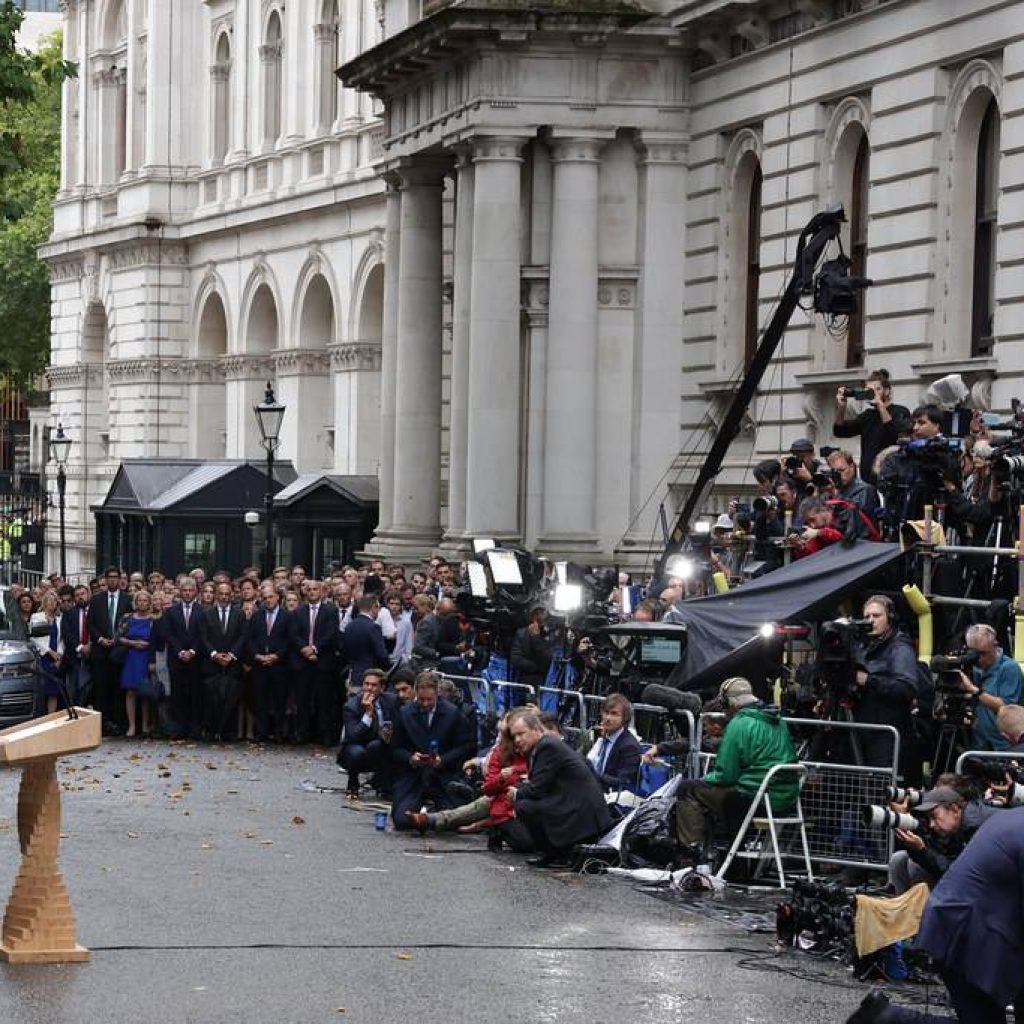On the second day of the ruling Conservative Party’s annual conference, finance minister Kwasi Kwarteng tweeted he was “not proceeding” with the removal of the top 45% income tax rate, adding it had become a “distraction”…reports Asian Lite News
The government on Monday scrapped plans to axe its top income tax rate just 10 days after a debt-driven budget sparked turmoil on markets and fierce criticism during a cost-of-living crisis.
On the second day of the ruling Conservative Party’s annual conference, finance minister Kwasi Kwarteng tweeted he was “not proceeding” with the removal of the top 45-percent income tax rate, adding it had become a “distraction”.
The announcement also marked the first major policy U-turn under British Prime Minister Liz Truss, who took office less than one month ago.
“It is clear that the abolition of the 45 per cent tax rate has become a distraction from our overriding mission to tackle the challenges facing our country. As a result, I’m announcing we are not proceeding with the abolition of the … rate.
“We get it, and we have listened.”
The announcement also came after former cabinet ministers Grant Shapps and Michael Gove voiced opposition over unfunded tax cuts unveiled by Kwarteng in his controversial mini-budget on September 23.
Kwarteng had proposed to remove the 45-percent rate applied to Britons earning more than $167,400 per year.
The so-called mini budget had sent the pound plunging to a record dollar low and sent bond yields spiking on fears of a borrowing splurge.
The budget included a costly freeze on energy bills for individuals and businesses, in an attempt to cushion fallout from key gas producer Russia’s invasion of Ukraine.
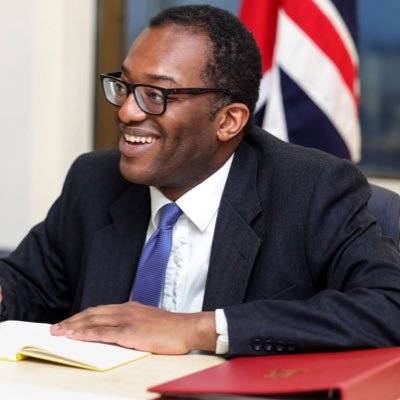
Chancellor defends decision
Chancellor Kwasi Kwarteng has confirmed he will not pursue cutting the 45p rate of income tax on people earning more than £150,000 a year.
Speaking to BBC Breakfast, Mr Kwarteng confirmed the U-turn 10 days after the plan was announced in the mini-budget. He said that the plans had become a “distraction from our overriding mission to tackle the challenges facing the country”.
Labour slams move
Meanwhile, Labour called for the government to “reverse their whole economic, discredited trickle down strategy”.
Shadow chancellor Rachel Reeves said the U-turn came “too late for the families who will pay higher mortgages and higher prices for years to come”.
Plans to scrap the top rate of tax had seen remarkable opposition from the markets, opposition parties and a growing number of Tory MPs.
Increasingly, it seemed Truss did not have the numbers to get it through Parliament.
On Sunday, senior Tory Michael Gove hinted he would not vote for the plan when it came to Parliament, saying “I don’t believe it’s right”.
The former cabinet minister said the PM’s decision was “a display of the wrong values”.
Shapps also urged Truss to U-turn, warning her not to have a “tin ear” to voters’ concerns about rising living costs.
The U-turn, suggestions of which were first reported by the Sun, comes on the second day of the Conservative conference in Birmingham, with Mr Kwarteng due to speak later on Monday.
The pound jumped on the news, rising by more than a cent against the dollar to $1.1263, before falling back.
The currency touched a record low last week after Mr Kwarteng’s mini-budget – which contained around £45bn of unfunded tax cuts – created turmoil on the markets.
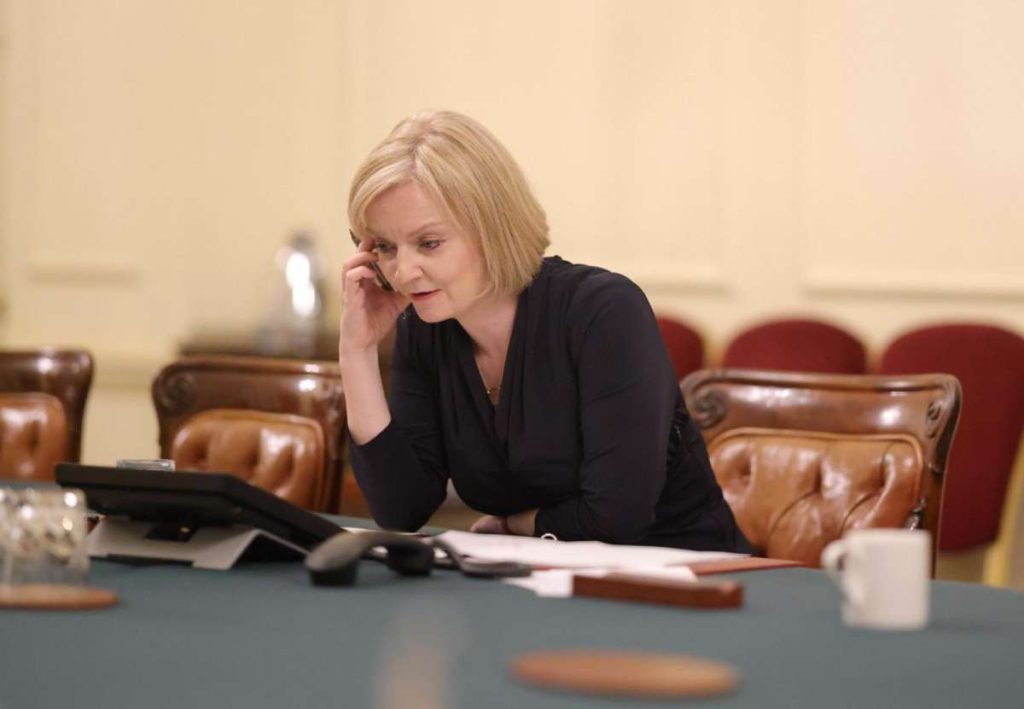
Conservative MPs urge Truss’s removal
Three-quarters of UK voters, including a staggering 71 per cent of those who backed the Conservatives at the last general election, believe the prime minister, Liz Truss, and the chancellor, Kwasi Kwarteng, have “lost control” of the economy, according to a devastating poll for the Observer on the eve of the Tory conference, local media reported.
The survey by Opinium – which also reveals that Labour has extended its lead by a massive 14 percentage points in the last week alone, from five points to 19 points, and that Truss’s ratings are now lower than Boris Johnson’s at the height of the Partygate scandal – comes as some Tory MPs are beginning to demand the new prime minister’s removal from No 10 after less than a month in office.
Other senior party figures are warning that the damage to the party’s reputation for economic management resulting from Kwarteng’s tax-cutting budget, is so serious that it will take many years to repair, The Guardian reported.
Tory peer Gavin Barwell, a former MP and chief of staff to Theresa May, writing in Sunday’s Observer, says the Truss government “has thrown away the Conservative party’s reputation for sound management of the public finances” in its first month in office, adding that “it will take years to undo all the damage”.
In the last seven days, the Tories have surrendered a narrow one-point lead on the question of economic management and now trail Labour by 19 points.



